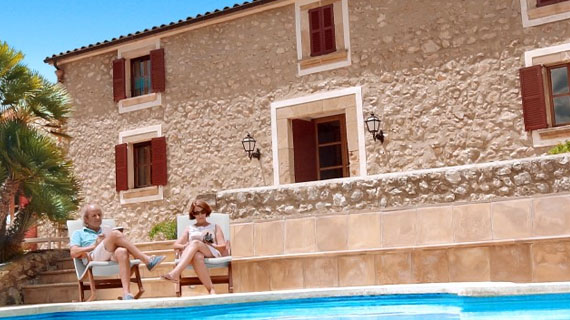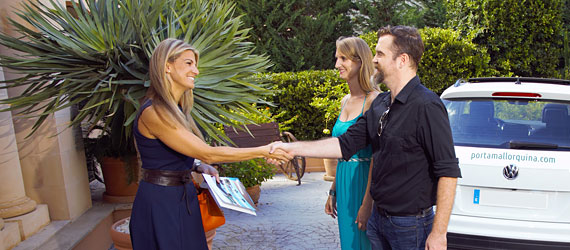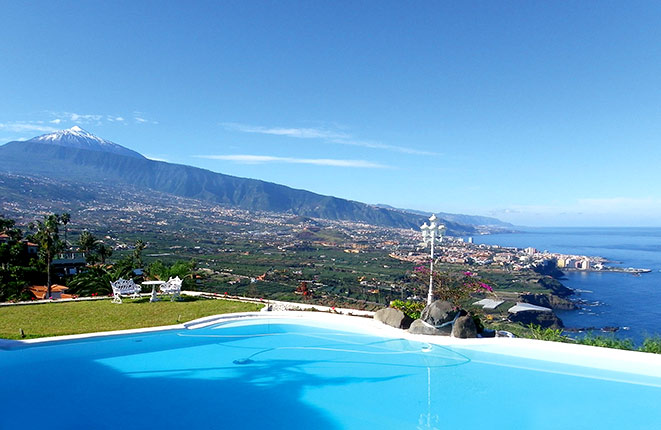
Das erste Franchisesystem für Ferienimmobilien
Willkommen bei der Homes & Holiday AG, dem Spezialisten rund um Ferienimmobilien. Erleben Sie unsere spannende Markenwelt und das vielfältige Immobilien Franchise Angebot.
Unsere Immobilienmarke „Porta Mallorquina“ ist einer der größten Immobilienmakler auf Mallorca, mit „Porta Ibiza“ und weiteren „Porta Mondial“ Marken bedienen wir die Ferienimmobilienmärkte auf Ibiza, Menorca, Teneriffa und an der Costa del Sol.
Für den Urlaub im Traumhaus in Spanien haben wir eine eigene Marke geschaffen, „Porta Holiday„. Spezialisiert auf Ferienvermietung und Dienstleistungen rund um die Ferienimmobilie.
Immobilien Franchise
Erfolgreich selbstständig als Immobilienmakler in Spanien
Lizenz Ferienimmobilien
Leben und Arbeiten, wo andere Urlaub machen und wunderschöne Villen, Häuser und Wohnungen vermarkten. Als Franchisepartner von Porta Mallorquina oder Porta Mondial wird der Traum vom selbstständigen Unternehmertum im sonnigen Süden wahr.
Partnerstimmen
Das sagen unsere Franchisepartner

Kent Steinbach
Das Porta Mondial Netzwerk hat uns den Wechsel von Düsseldorf nach Mallorca ermöglicht. In Palma konnten wir direkt mit einem attraktiven Portfolio starten und weiter als Immobilienmakler tätig sein. So haben wir das Beste aus zwei Welten miteinander verbunden.
Franchisepartner Palma & Port Andratx, Porta Mallorquina
Nicole Schepp
Wir haben uns bewusst für Porta Mallorquina entschieden, da wir hier eine starke Marke mit hohem Bekanntheitsgrad, eine etablierte Verkaufsregion und ein erfahrenes Team übernehmen konnten. Durch die Porta Mallorquina Academy und die umfassende Unterstützung durch die Zentrale hatten wir einen erfolgreichen Einstieg.
Franchisepartnerin Inselmitte & Nordost, Porta MallorquinaFerienimmobilien
Unsere aktuellen Immobilien in Spanien





